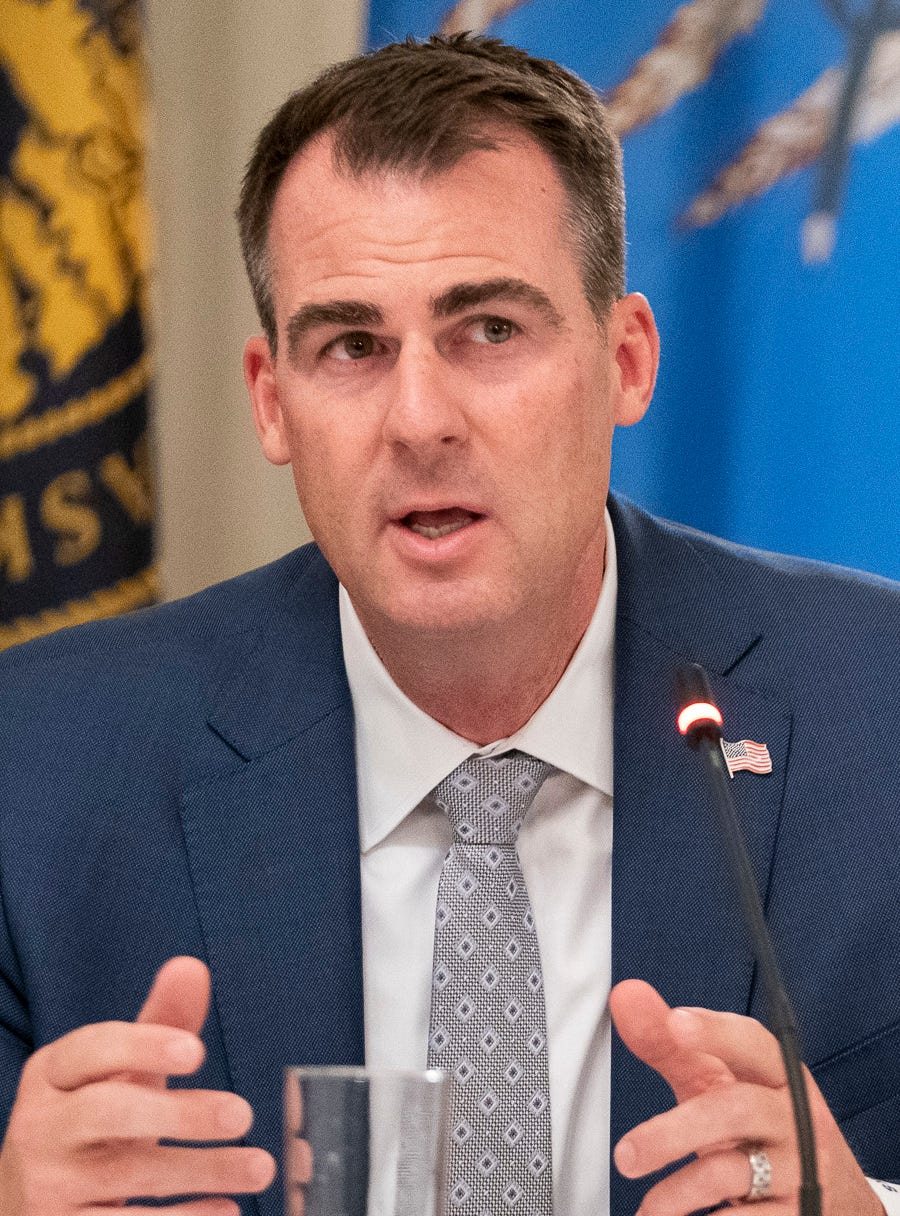Oklahoma had a history of pro-choice support before evangelical revolution
Ministers, doctors and residents supported liberalized abortion laws before and immediately after Roe
(Oklahoma Gov. Kevin Stitt recently signed a restrictive abortion bill that bans the procedure from the point of fertilization)
Oklahoma may seem hopelessly anti-abortion, but it wasn’t always that way. In fact, many in the state had been concerned about abortion access in the immediate years following Roe v. Wade. That was before the concerted effort to galvanize evangelical voters to oppose abortion as part of Republican strategists’ efforts to shore up support in that voting bloc.
Prior to Roe, a number of noteworthy criminal enterprises operated to provide women with abortions. Medical students in Oklahoma bought a station wagon and drove to women’s houses to perform the procedure. In Tulsa, authorities broke up an abortion ring that charged women $500 per abortion in 1971.
The original law that banned abortion in the state passed in 1920, but state legislators led by Rep. Archibald Hill attempted to liberalize the law in 1971. Most people supported him in the medical profession. In a 1972 poll, a majority of Oklahoma physicians wanted to see the laws liberalized. Of about 1,400 respondents, 60 percent indicated they supported such a move. Liberal and conservative theologians argued over the morality of the procedure. Some ministers even helped women get abortions.
In 1978, the Oklahoma State Department of Health collected information about where abortion access was needed. Officials wanted to reduce the risk of illegal abortions causing deaths or illness. Dr. Sarah DePersio, who directed family planning for the department, spoke to The Daily Oklahoman in January of that year.
“We are concerned about the accessibility of abortions,” she said. “Generally, those in higher income brackets desiring abortions have always obtained them, but we’re not so sure of middle and lower income groups.”
They felt that abortion was an important family planning option.
All of this is evidence of how effective Republican messaging has been in states where religion plays a large role in how people view the world. Right-wing political operatives attempted to replace denominational leaders at churches nationwide with people who would encourage their parishioners to vote for a Republican agenda. Democratic operatives made no such effort.
Part of the future effort of strategizing growth within the abortion rights movement would do well to include a plan on how to cultivate better relationships with congregations that have nuanced views on abortion. Unitarian churches are one area where growth may happen. Ministers writing editorials in local media, or through smart and targeted Facebook posts boosted through an advertising budget may be some methods for initiating a dialogue that shifts opinions on abortion politics.
Social media pages in which pro-choice theological discussions take place would also be another method to secure support. If my own Facebook page is any indication, the cost per ad impression is remarkably low for a topic that is likely to beget a reaction simply because of its inherent controversy.




